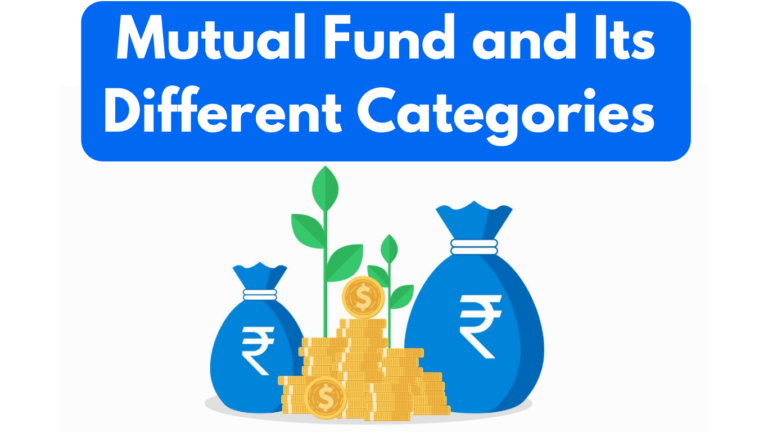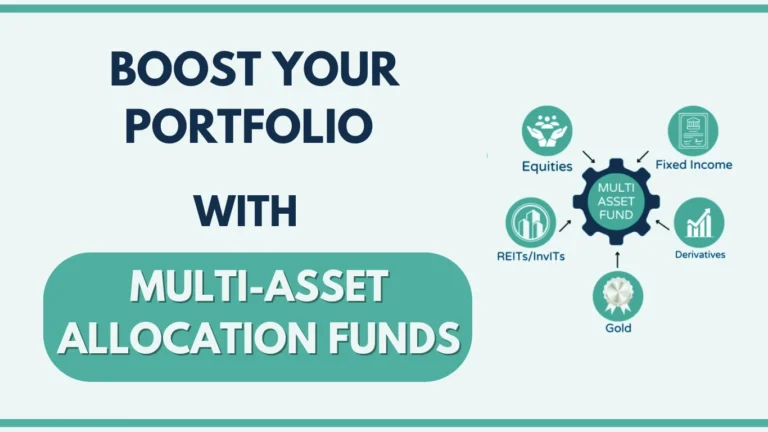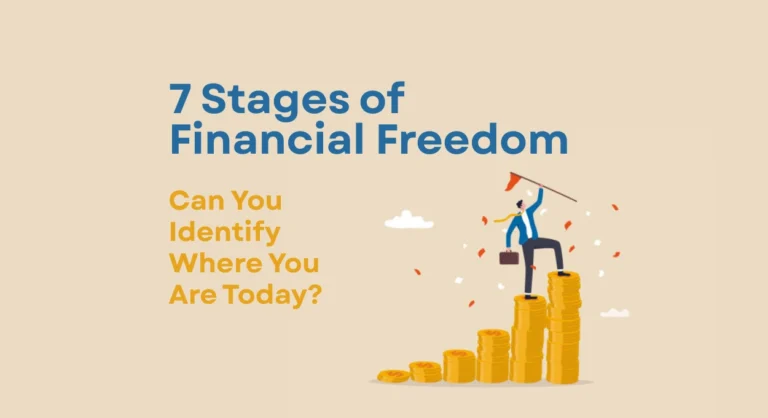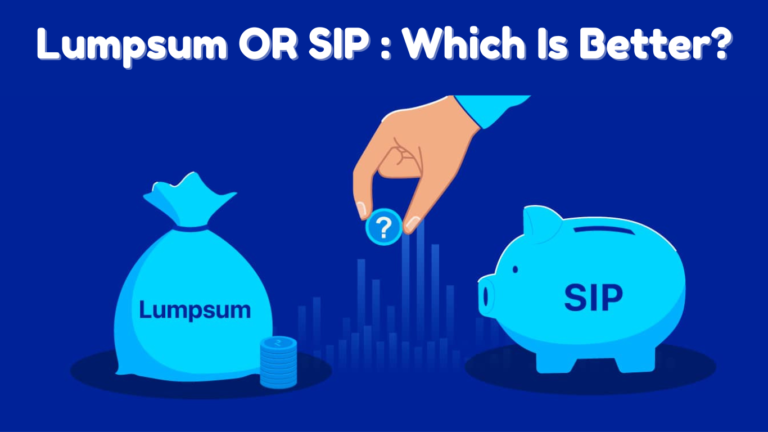No Claim Bonus in Health Insurance: The Hidden Truth You Need to Know
When buying health insurance, people focus on coverage, premiums, and hospital networks. But one key benefit often gets overlooked or misunderstood—the No Claim Bonus (NCB). It’s marketed as a reward for staying healthy and not making claims, but there are some hidden details you need to know to maximize its benefits.
Let’s break it down step by step so you understand how NCB works, its types, and the truth behind it that insurers don’t always tell you.
What Exactly is a No Claim Bonus?
Think of NCB as a reward system. If you don’t use your health insurance for a year—basically, you stay healthy and don’t make any claims—your insurer says, “Good job!” and either:
- Increases your coverage, or
- Gives you a discount on your premium
Most Indian health insurers go with the first option—bumping up your sum insured without charging you extra. So if your policy covers ₹5 lakhs and you don’t make a claim this year, next year your coverage could become ₹5.5 lakhs. And it keeps adding up, year after year, as long as you don’t claim.
Sounds great, right? Well, hold on—because here comes the twist.
The Two Types of NCB: Pick Your Reward
1. Cumulative Bonus (Sum Insured Boost)
This is the most common type. Every year you don’t make a claim, your coverage increases by a fixed percentage (usually 10% per year). Some insurers offer up to 100%, or even 500% of your original coverage.
2. Premium Discount (Rare but Real)
Instead of increasing your coverage, a few insurers offer a small discount on next year’s premium. Not too common in India, but it’s out there.
Between the two, most people prefer the sum insured boost—it feels more valuable, especially with medical costs shooting through the roof.
Also Read :- https://ipofront.in/why-guaranteed-return-insurance-plans-may-not-be-a-smart-investment-2025/
A Real-Life Example to Make It Click
Let’s say you’ve got a policy of ₹10 lakhs with a 10% NCB rate. Here’s how it might grow:
- Year 1: No claims → coverage becomes ₹11 lakhs
- Year 2: No claims again → now it’s ₹12.1 lakhs
- Year 3: Still no claims → coverage becomes ₹13.31 lakhs
- Year 4: Uh-oh, you make a claim → back to ₹10 lakhs or maybe a reduced bonus
Yep, just like that, all those years of “good behaviour” might go poof!
Now Let’s Talk About What They Don’t Tell You…
Here’s where things get interesting. Because beneath the shiny surface of NCB lies a bunch of fine print that you rarely hear about.
1. One Claim Can Ruin It All
This is probably the biggest shocker for most people. Even a small ₹2,000 outpatient bill, if claimed, could lead to a complete reset of your bonus. Years of careful health (and maybe even skipping minor treatments to save your NCB) gone—just like that.
So what do people do? They start paying out-of-pocket for small expenses, just to “save” the bonus. Ironically, they don’t use the insurance they’ve paid for.
2. You’re Probably Paying More Anyway
Policies with generous NCB features often have higher base premiums. Why? Because the insurance company knows there’s a chance they’ll have to give you more coverage without charging extra. So they hike up the price from the start.
So while it feels like you’re getting rewarded, you might just be paying for it in advance.
3. Portability Isn’t Always Smooth
If you ever switch to another insurer (called “porting”), your NCB doesn’t always transfer as-is. Some insurers do accept it, but they might not match the exact bonus or rules. They may just increase your sum insured or recalculate everything based on their terms.
So, switching insurers? Check the NCB transfer terms carefully.
4. Every Insurer Plays by Their Own Rules
There’s no one-size-fits-all here. Some insurers let you keep partial bonus even after a claim. Others reset everything. Some allow NCB for day-care procedures; others don’t.
Bottom line: Read your policy’s fine print or better yet—ask your insurer about their specific NCB rules.
Also Read :- https://ipofront.in/key-factors-before-filing-health-insurance-claim/
How Do Indian Insurers Stack Up?
Here’s a quick peek at what some of the major players in India offer:
- Care Health Insurance: Up to 500% NCB increase
- HDFC ERGO: Double sum insured (2X) for no claims
- Bajaj Finserv: 10% per year, up to 50% total
- Niva Bupa: Offers booster+ features with NCB retention
- TATA AIG: NCB with flexibility and family floater options
As you can see, there are plenty of choices—but also lots of variations.
IRDAI’s Role: Making It a Bit Fairer
India’s insurance regulator, IRDAI, has taken note of the confusion and recently introduced friendlier rules. Some highlights:
- You may now be allowed to choose between bonus on coverage or discounts on premium
- Minor claims may no longer result in full NCB loss (depending on the plan)
- “Insurance for all by 2047” initiative is pushing for more transparency and policyholder-centric features
Still, the actual implementation depends on the insurer. IRDAI gives guidelines, but the details are in the policy.
Also Read :- https://ipofront.in/life-insurance-101-choosing-the-right-plan/
Tips to Actually Make NCB Work for You
Let’s say you’ve got a policy with NCB. How do you use it smartly?
✅ 1. Pick a Plan with Bonus Protection
Some plans allow partial bonus retention even after a claim. Go for those. You’ll thank yourself later.
✅ 2. Use Co-Pay to Your Advantage
Plans with co-pay (where you pay a part of the bill) often allow you to retain some NCB. It’s a trade-off worth considering.
✅ 3. Don’t Chase NCB Blindly
It’s easy to get lured by high NCB percentages. But always compare total benefits—room rent limits, network hospitals, exclusions—before choosing a plan.
✅ 4. Don’t Let Your Policy Lapse
If your policy lapses and you miss the grace period, you may lose your NCB altogether. Set reminders. Keep auto-debit enabled. Just don’t forget.
Busting a Few Myths
Let’s clear up a few things people often get wrong:
| Myth | Reality |
|---|---|
| NCB always transfers to a new insurer | Only if the new insurer accepts it and under their terms |
| Higher NCB = better value | Not if it comes with a higher base premium |
| NCB keeps pace with medical inflation | Not always. Inflation is often faster than NCB growth |
Also Read :- https://ipofront.in/term-insurance-must-have-guide/
Final Thoughts: Is NCB a Blessing or a Burden?
Honestly, it’s a bit of both.
Yes, it’s nice to get extra coverage without paying more. But not at the cost of skipping genuine claims or paying for benefits you might not use.
At the end of the day, health insurance is about protection, not perks. The No Claim Bonus should be a cherry on top—not the whole dessert.
So next time you see a plan offering “up to 100% bonus,” take a moment. Ask questions. Compare wisely. And always remember—you’re buying insurance for peace of mind, not just for points on a scoreboard.
FAQs (Frequently Asked Questions)
1. What is No Claim Bonus in health insurance?
No Claim Bonus (NCB) is a benefit offered by insurers where your coverage increases or premium decreases if you don’t make a claim during the policy year.
2. Is No Claim Bonus lost after a single claim?
Yes, in most cases, a single claim can reduce or reset your NCB. However, some insurers now offer partial retention of NCB even after a claim.
3. Does NCB apply to cashless claims?
Yes. Any claim—cashless or reimbursement—can impact your NCB unless your policy has a bonus protection feature.
4. Can NCB be transferred when switching insurers?
It depends on the insurer. Some accept your NCB at the time of porting, while others may not carry it over exactly as is.
5. Is NCB really worth it in health insurance?
NCB is beneficial, but it shouldn’t be the only factor when choosing a policy. Look at the total coverage, exclusions, and claim settlement history too.
Useful Links :-
No Claim Bonus (NCB) in Health Insurance – Blog | BimaKavach
How Does NCB Work in Health Insurance? – Health Insurance Article By Reliance General Insurance
No Claim Bonus in Health Insurance: How it Works?
What is No Claim Bonus in health insurance | How to protect it | Value Research
17 Myths About Health Insurance Busted







